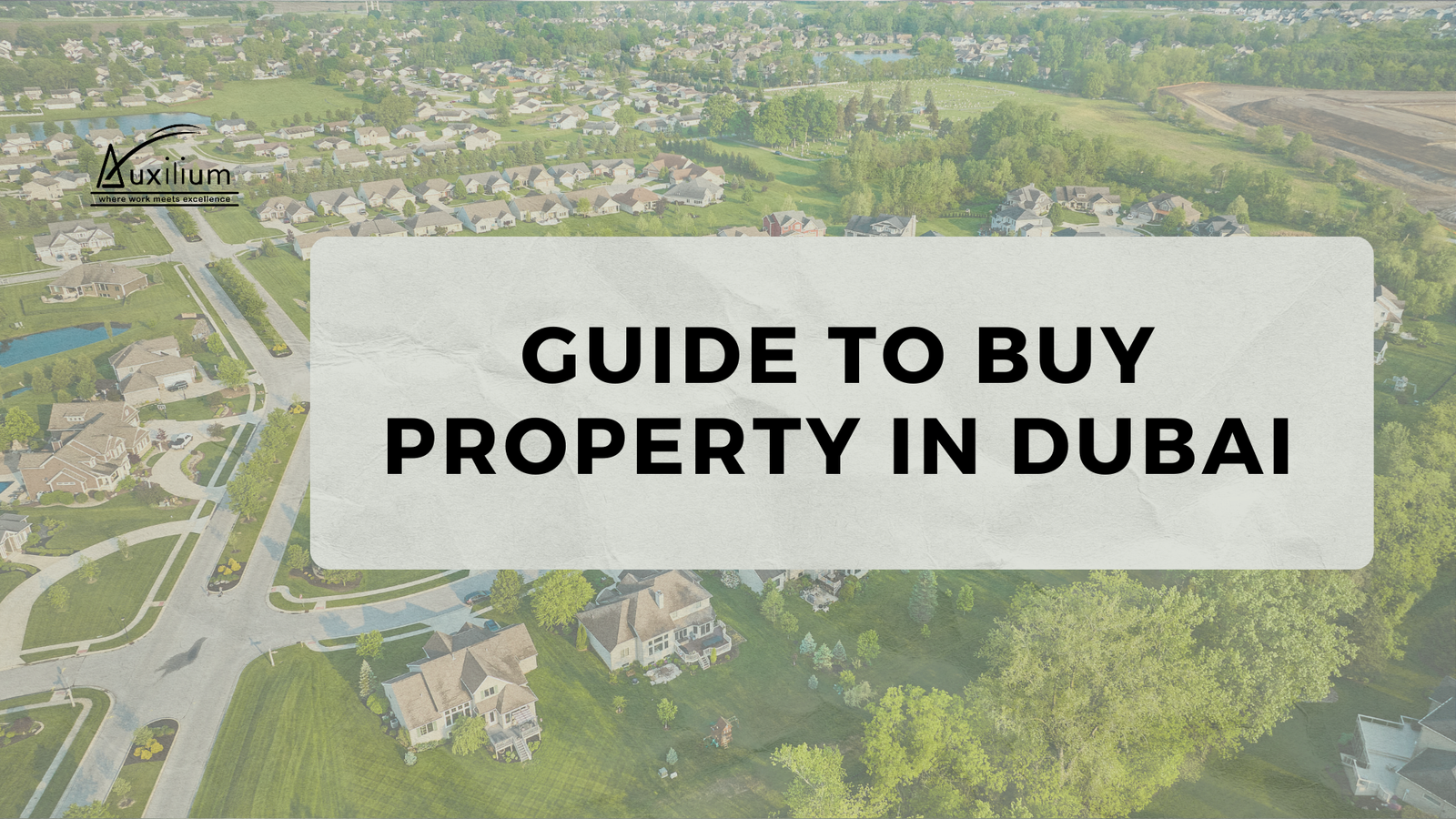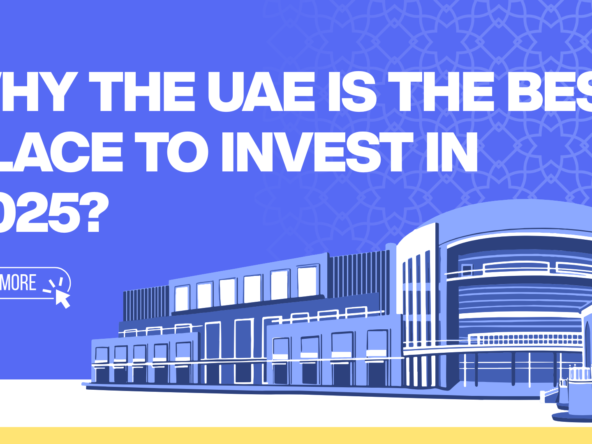Buying property in Dubai as a nonresident is indeed a viable and attractive option, given the city’s dynamic real estate market, tax benefits, and world-class infrastructure. Here’s a comprehensive breakdown of the process, fees, and key considerations to help you navigate the journey smoothly:
Step-by-step guide to buy property in Dubai
Can non-residents buy property in Dubai?
Yes, nonresidents can buy property in Dubai. The government allows foreign nationals to purchase freehold properties in designated areas, which means you own the property outright, including the land it’s built on. This makes Dubai one of the most investor-friendly cities in the world.
Types of Properties You Can Buy?
Residential Property: Apartments, villas, townhouses, etc.
Commercial Property: Offices, retail spaces, warehouses, etc.
For this guide, we’ll focus on residential property.
Steps to Buying Residential Property in Dubai
Step 1: Find a Property
Decide on Your Needs: Budget, location, size, amenities, and whether you want a ready property.
Use a trusted real estate agent: Platforms like Auxilium Real Estate can help you narrow down options based on your preferences, saving you time and effort.
Step 2: Arrange Viewings
Act quickly to view properties, as Dubai’s real estate market moves fast.
Auxilium Real Estate can arrange viewings promptly to ensure you don’t miss out on your dream property.
Step 3: Make an Offer
Once you find a property you like, make a formal offer.
Prepare necessary documents in advance, such as:
Proof of funds (bank statements).
Mortgage agreement (if applicable).
A letter from your bank or lender confirming your financial capability.
Step 4: Sign the Memorandum of Understanding (MOU)
The MOU is a legally binding agreement between the buyer and seller.
It outlines the terms of the sale, including the price, payment plan, and timelines.
A deposit (usually 10% of the property value) is paid at this stage.
Auxilium Real Estate can handle the legal documentation and ensure everything is in order.
Step 5: Pay the Deposit
The deposit is typically 10% of the property value.
Obtain a No Objection Certificate (NOC) from the developer or seller, which confirms there are no outstanding dues or legal issues with the property.
Step 6: Complete the Transfer
Both buyer and seller meet at the Dubai Land Department (DLD) to finalize the transfer.
Bring all required documents, including:
MOU.
NOC.
Valid ID (passport for nonresidents).
Pay the remaining balance and receive the title deed and keys to your property.
Fees and Taxes Associated with Buying Property in Dubai.
Dubai’s real estate market is known for its low taxes, but there are still some fees to consider:
- Property transfer fee: 4% of the property value (usually split between buyer and seller)
- Monthly housing fee or municipality tax: 5% of the annual rent value for tenants
- Dubai Land Department (DLD) fees: 580 AED admin fee for apartments and offices or 430 AED for land purchases
- Property registration fee: 2,000 AED for properties valued below 500,000 AED, 4,000 AED for properties valued above 500,000 AED.
- Dubai Land Department Mortgage Registration Fees: 0.25% of the loan amount + 290 AED
- Estate agent fees: 2% of the purchase price
- Legal fees: approx. 6,000 to 10,000 AED.
Key Considerations for NonResidents
Mortgage Options: Non residents can secure a mortgage in Dubai, but the down payment is typically higher (around 50% of the property value and 25–30% for resident)
Visa Benefits: Buying a property worth at least 1 million AED can make you eligible for a residence visa in Dubai.
Rental Yields: Dubai offers high rental yields (58% on average), making it a lucrative investment.
Tax Benefits: No property tax, capital gains tax, or income tax on rental income.


